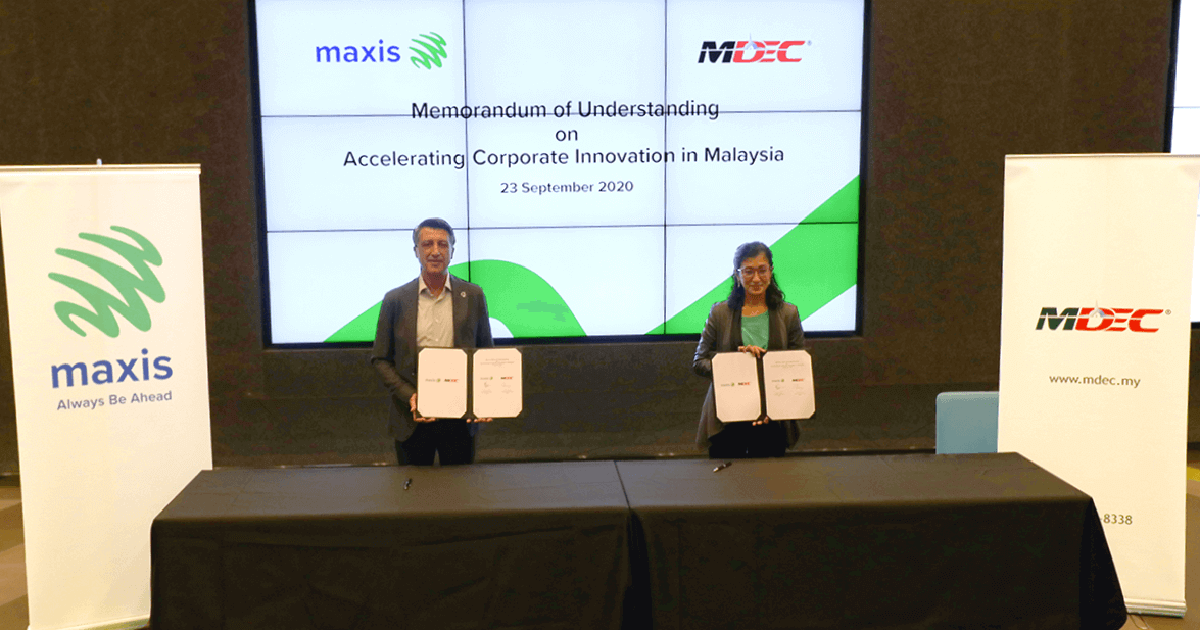While fitness apps have been popular long before COVID-19, its popularity in the first half of 2020 was inimitable.
Between Q1 and Q2 2020, health and fitness app downloads surged by 46% globally, with India seeing the biggest growth, at 157%, followed by Middle East and North Africa, at 55% and Asia-Pacific at 47%. This data was taken from MoEngage, which measured the growth of home fitness apps from five regions, representing 1.5 billion mobile app users.
India’s increase in downloads translates to 58 million new active users. This is due to India having the largest lockdown in the world, with 1.3 billion people instructed to remain indoors.
Furthermore, more gyms and fitness centres started offering virtual classes to allow members access to services. People were also inspired to invest in home fitness equipment as they are no longer able to visit the gym.
In terms of usage, mindfulness and meditation apps were more popular in the month of April and May. By June, people shifted their focus to active workouts and diet tracking in order to remain active indoors. As these new lifestyle habits are becoming more widespread, whether or not this trend will continue after the pandemic is the question of the day. However, the fitness mobile app market is expected to boom in the coming years.
The World Bank is urging the Philippine government to do its share in improving the country’s communications infrastructure amid an increased internet usage due to the country’s urgent shift to digital services–online education, online shopping, digital payment, work from home setup, and others–caused by the pandemic.
This came as telecommunications companies continue to ramp up capital expenditures to improve on their respective networks, due to increased demand in internet and mobile connections.
With the COVID-19 pandemic forcing day-to-day activities to go online, the World Bank stressed that the Philippine government “should take the lead in transforming the economy into a digital one.”
“In a society-wide digital transformation, the government itself must lead by example,” said World Bank economist Kevin Chua, the lead author of the report titled “A Better Normal Under COVID-19: Digitalizing the Philippine Economy Now.”
Upgrading digital infrastructure, promoting digital payments, improving the efficiency of the logistics system and fostering a conducive business environment are among the recommended measures cited in the report released by the World Bank and the National Economic Development Authority (Neda).
The report also stated that efforts to improve the country’s telecommunications systems have been hampered by complex government regulations – causing a “digital divide” that makes lives worse for the poor.
The government claims that it has taken steps to address the lack of infrastructure, including the anointing of a “third telco” in Dito Telecommunity.
Industry and media analysts, however, said that the government may face more problems than solutions due to Dito’s delays and rollout issues, as well as potential national security threats.
“The biggest concern is that China will be able to listen in on our communications,” says Dr Renato De Castro, a professor in the International Studies Department at De La Salle University in Manila.
The Department of Information and Communications Technology (DICT) echoed the need for more investment support as it appealed to senators earlier this month to prioritize the National Broadband Program and the free internet access program in schools.
According to the DICT’s presentation to the Senate, the ideal budget for the broadband program amounts to P18.18 billion, but the Department of Budget and Management (DBM) only approved P902.19 million.
The DICT is requesting an additional P17.2 billion for the program, so that it would be able to activate the cable landing station in Baler, Aurora, and connect to the National Grid Corporation of the Philippines (NGCP) node in San Fernando, La Union.
The department would then be able to fire up 4 DICT nodes and 15 NGCP nodes. From there, it can provide bandwidth to nearby government clients and beneficiaries of free Wi-Fi.
In the meantime, the country’s telecom service providers continue to invest in network improvements as the demand for connectivity increases as a result of the pandemic.
The Philippines is actually already among the Top 10 countries in the world when it comes to investments in telecom based on the IMD World Digital Competitiveness Rankings of 2020.
“Efforts to enhance digital infrastructure are hindered by legal and regulatory constraints in the telecommunications markets,” Chua said.
“Limited digital infrastructure has directly contributed to the problems of affordability, speed and access to the internet.”
As the government works to ease bottlenecks such as the restrictive cell tower permitting process, further investments in national broadband facilities will help to create better and more accessible internet services that are vital for e-commerce, work-from-home setups and distance learning needs that will persist even after the pandemic quarantines are lifted.

.jpg)
.jpg)
.jpeg)





